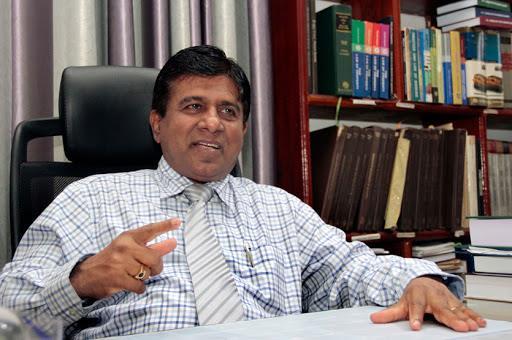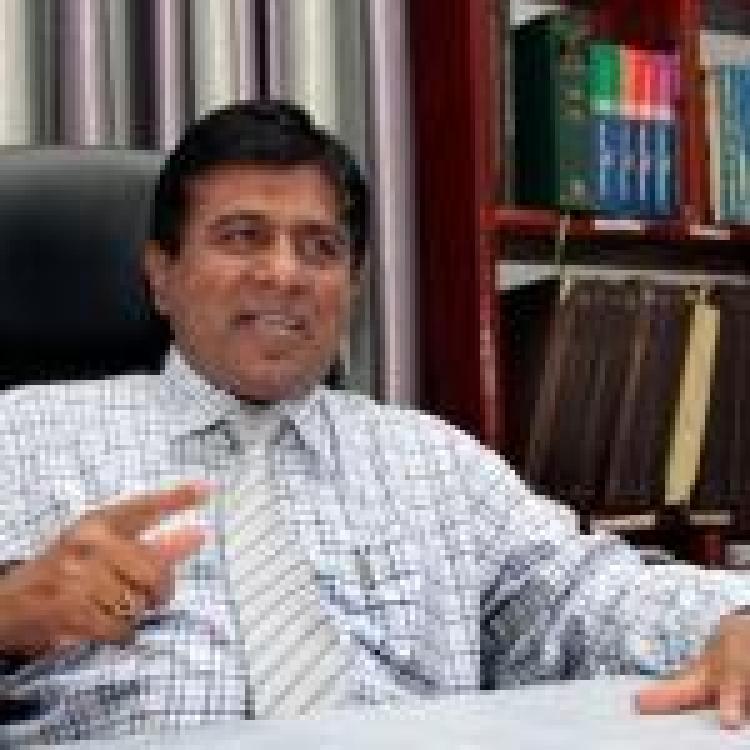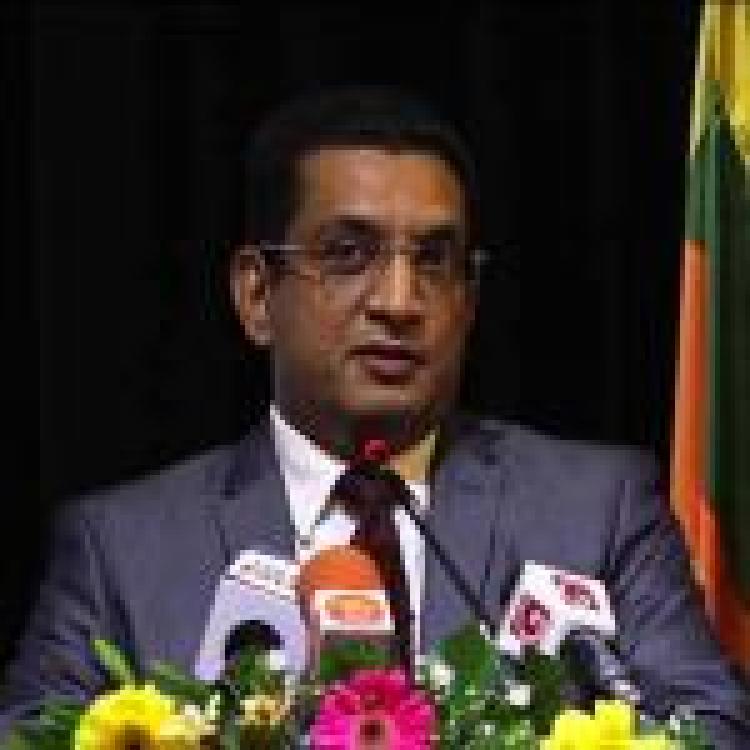
Sri Lanka’s justice minister Wijeyadasa Rajapakshe reiterated his government’s rejection of any international accountability mechanisms for mass atrocities, and instead claimed that he will hold discussions with Tamil diaspora leaders over a “domestic mechanism”.
Speaking at a press conference at the Ministry of Justice in the wake of the UN resolution on Sri Lanka, Rajapakshe revealed plans for Sri Lanka’s president to hold talks with leaders from the Tamil diaspora next month.
“If that discussion is successful, we will be able to solve the problems of Tamils through a domestic mechanism,” he claimed.
“There will be no foreign interference in the internal affairs of the country, and we will get the support of other countries”.
His remarks come just days after Rajapakshe himself joined other Sri Lankan officials in blaming the Tamil diaspora for the resolution at the global body, which will mandate the collection of evidence that could be used in future war crimes trials.
“There were many MPs from the House of Commons in the UK who expressed opinions against Sri Lanka in the past based on the versions given by Tamil diaspora elements, not a single Sri Lankan diplomat sought a meeting with those MPs to present our case,” Rajapakshe told the Sunday Times LK.
Foreign minister, Ali Sabry, similarly castigated the Tamil diaspora for "heavy lobbying" for the resolution.


